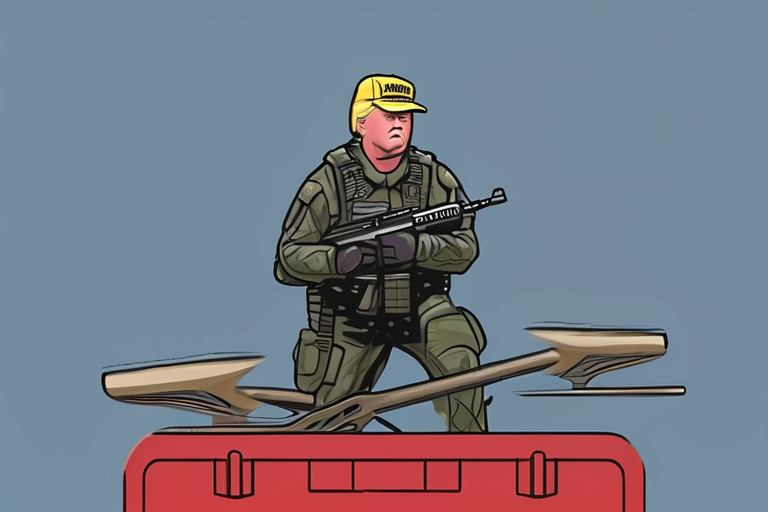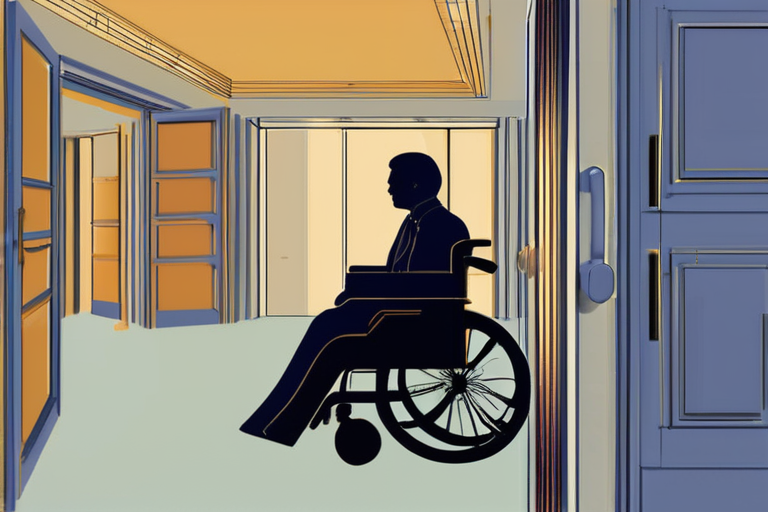Trump Deploys Troops to Portland Amid Growing Concerns Over Domestic Extremism


Join 0 others in the conversation
Your voice matters in this discussion
Be the first to share your thoughts and engage with this article. Your perspective matters!
Discover articles from our community

 Hoppi
Hoppi

 Hoppi
Hoppi

 Hoppi
Hoppi

 Hoppi
Hoppi

 Hoppi
Hoppi

 Hoppi
Hoppi

Microsoft Ends OpenAI Exclusivity in Office, Adds Rival Anthropic In a significant shift in its AI strategy, Microsoft has decided …

Hoppi

BREAKING NEWS: Groundbreaking Home Generates More Energy Than It Consumes, Revolutionizing Sustainability A California home has achieved a historic milestone …

Hoppi

Leon Thomas, GELO, Ravyn Lenae & More Tear the Roof Off New York's Webster Hall During Billboard's R&B/Hip-Hop Concert New …

Hoppi

OpenAI and Microsoft Revise AI Partnership Terms in $13 Billion Deal In a significant development, OpenAI and Microsoft have signed …

Hoppi

Breaking News: Anthropic to Pay $1.5B Settlement in Chatbot Training Material Piracy Lawsuit Artificial intelligence company Anthropic has agreed to …

Hoppi

BREAKING NEWS URGENT: Hotel Accessibility Crisis Hits Travelers with Disabilities Reports are flooding in of widespread accessibility issues at hotels …

Hoppi